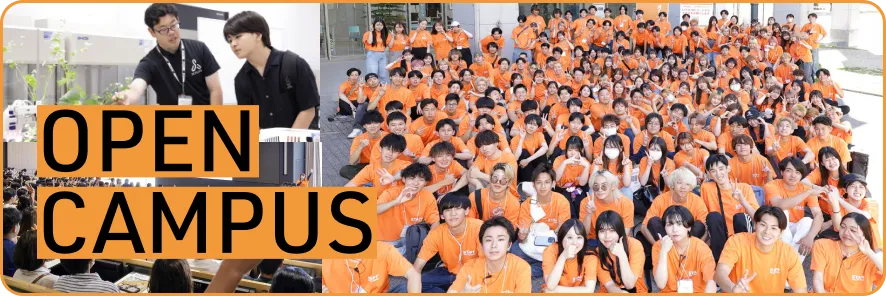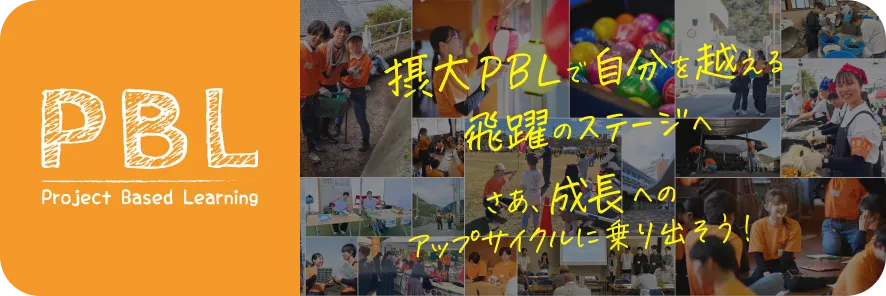国際学部
Learning with Student in Taiwan through COIL
COILとは、国境を超えた協働学習の方法です。パンデミックの中でも世界とオンラインでつながり、国際的な課題について参加者が相互に刺激を受けながら成長していきます。摂南大学での2021年度のCOIL実践例を、ご紹介します。
In the Fall of 2021, 47 students in the Faculty of Foreign Studies at Setsunan University participated in a COIL (Collaborative Online International Learning) program with 47 students at National Chiayi University in Taiwan. COIL is project-based learning that involves using online tools to collaborate with students at universities in other countries. Through this kind of program, students can learn to work across borders and cultures, improve their teamwork skills, and gain practical experience in using foreign languages.
In this project, students at Setsunan University and National Chiayi University explored issues in their hometowns that relate to the topic of sustainable tourism. Sustainable tourism looks at how sustainable development goals (SDGs) can be applied to the hospitality industry. This project was conducted as an asynchronous exchange using video presentations and interactions on the online platform Flipgrid. To prepare for their video presentations, students did research on problems caused by tourism in their hometowns and examined what local governments and residents are doing about these issues. Some of the issues covered were overcrowding, littering, and environmental damage. By watching and responding to each other’s video presentations, students could come to a better understanding of how these kinds of issues are handled in both Japan and Taiwan.
Student responses to the COIL program showed that it was an educationally valuable experience. Regarding the sharing of ideas, one student at Setsunan University wrote, “I was able to realize that there are many different environmental problems that occur in each country, and that each country’s approach to these problems is very different. I found it interesting that we were able to share information in a way that complemented each other’s positive points and negative points, rather than whether one country had better policies or not.” Another student remarked, “I learned how difficult it is to communicate in English. I was able to think about how to convey information in a concise and easy-to-understand way about places that others don’t know about.” In other words, the COIL program, while challenging, gave the student an opportunity to use their language skills to communicate their ideas to others.
The students at National Chiayi University also valued the program. One student noted, “We should be able to understand each other, but it was difficult, so it was fun to listen to each other and try to understand as much of the language as we can!” This emphasizes the practical nature of COIL. In many English materials, the language is pronounced very slowly and clearly, but in real life, this is not always the case. This realistic experience of language use could motivate students to learn more. Finally, a Taiwanese student wrote, “It is rare to have the opportunity to interact with Japanese students. It is very special.” These days there are many travel restrictions due to the spread of the coronavirus, so it is difficult to study and travel abroad. COIL can provide students with opportunities to interact with students in other countries, which is very special indeed.
(This program was coordinated by Curtis Chu of the GEC (Global Education Center) and implemented by Michael Herke, Todd Hooper, and Mariko Takahashi of the Faculty of Foreign Studies.)
(トッド・フーパー講師)


